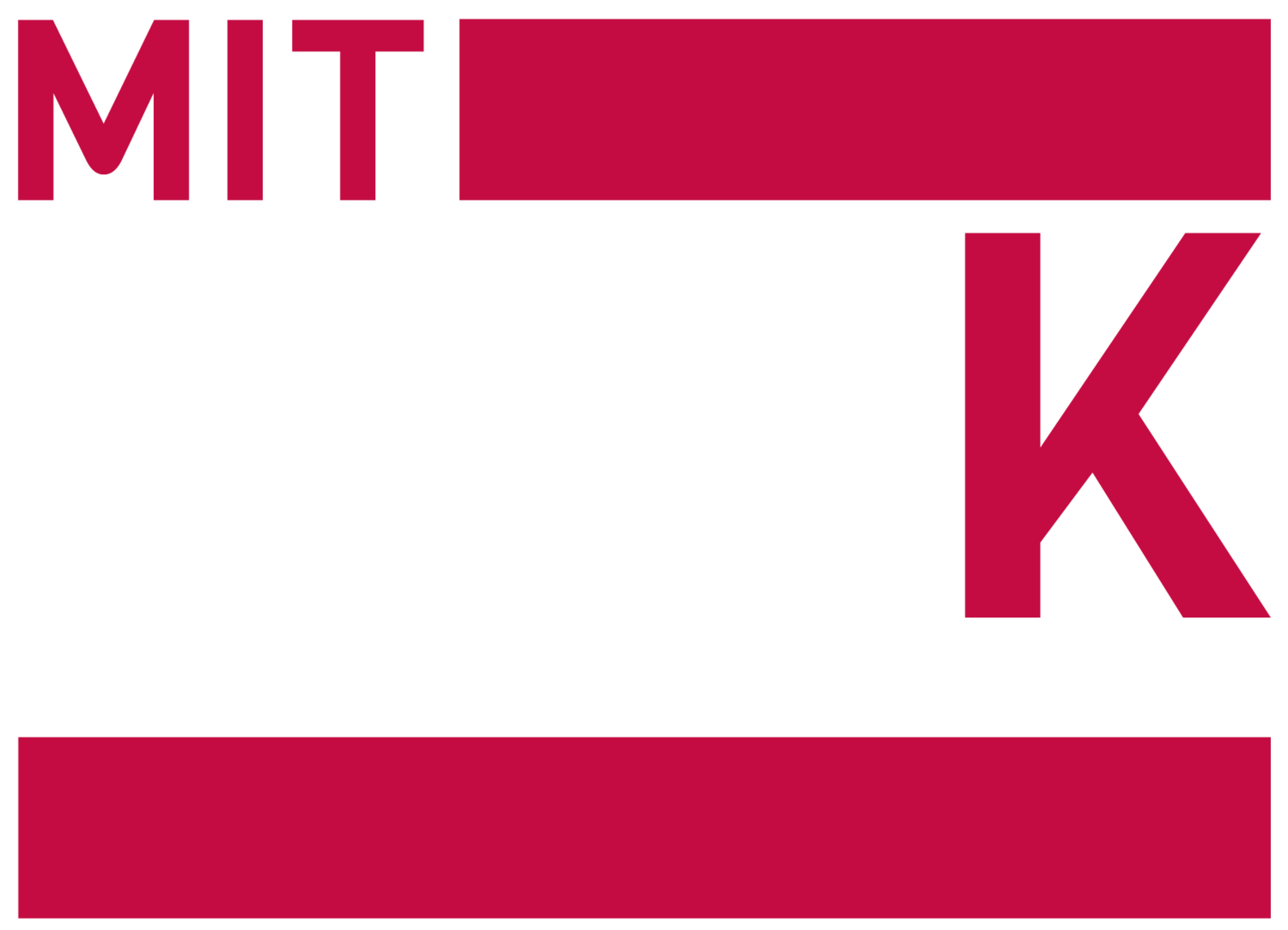CONFIDENTIALITY
Access to submitted executive summaries is only granted by the MIT $100K Organizing Committee to the members of its judging panel. The MIT $100K managing directors and judging committee are the only other individuals who may be provided with the submitted executive summaries. Reasonable steps are taken to limit access to the submitted executive summaries (collectively referred to as “summaries”).
The judges of the MIT $100K Entrepreneurship Competition are venture capitalists, entrepreneurs, corporate executives, and lawyers who are used to dealing with confidential material on a regular basis. If some part of the entered Executive Summary is confidential, contestants will need to clearly mark that information as “CONFIDENTIAL,” and the MIT $100K Organizing Committee will retain that legend in any copy of the summary provided to the members of the judging panel. However, even if contestants mark their information as confidential, there will be no confidentiality obligation by any recipient of the summary for information which: (a) is publicly available prior to the time of its disclosure to the MIT $100K Entrepreneurship Competition or becomes publicly available thereafter through no wrongful act of the recipient, or (b) was known to the recipient prior to the date of disclosure or becomes known to the recipient thereafter from a third party having an apparent bona fide right to disclose the information, or (c) is disclosed by recipient in accordance with your approval, or (d) is disclosed by you or any member of your team without restriction on further disclosure, or (e) is independently developed by a recipient; or (f) the recipient is obligated to disclose to comply with applicable laws or regulations, or with a court or administrative order.
The identities of the contestants and the short description of the business disclosed in the registration, as well as any pitch delivered during any MIT $100K event are considered of public domain and can be used by the MIT $100K Organizing Committee for marketing and PR purposes.
INTELLECTUAL PROPERTY
Teams can create businesses using technologies that they have permission to use. This could mean that they created the technology, that the patent is in their name, or that they have the explicit, written permission of the person or organization that owns the intellectual property. Any team that violates this will be automatically disqualified from the contest. Before submitting entries, the MIT $100K Organizing Committee urges contestants to confirm with appropriate advisors or legal counsel that any intellectual property described in their summary is protected; i.e., by appropriate intellectual property filings, notices, (patent, copyright, etc) by the owning institution and/or individuals. The MIT $100K Organizing Committee also recommends that contestants determine in advance whether their summary describes a technology, invention, copyrightable work or other intellectual property owned by MIT in accordance with MIT Policy. The MIT Technology Licensing Office is available to answer any related questions.
MISCELLANEOUS
You agree that you will not use the name of “Massachusetts Institute of Technology,” or any variation, adaptation, or abbreviation thereof, or of any of its trustees, officers, faculty, students, employees, or agents, or any trademark owned by IT in any advertising or publicity without the written permission of the Director of the MIT’s News Office.
